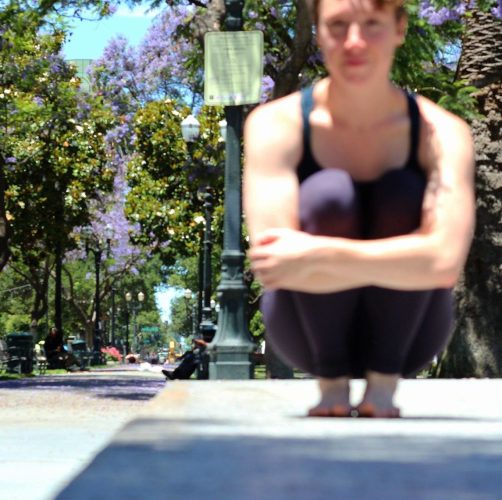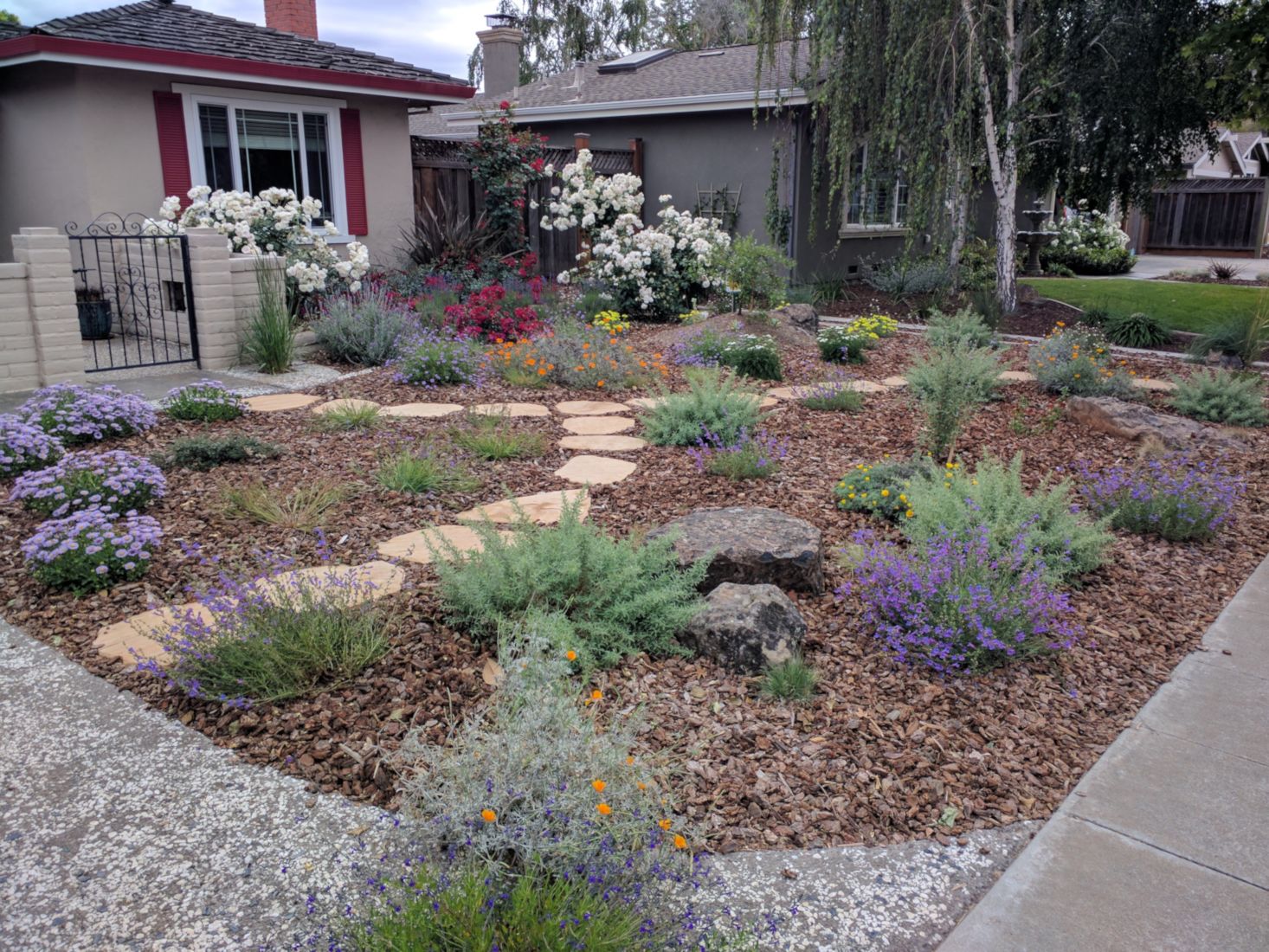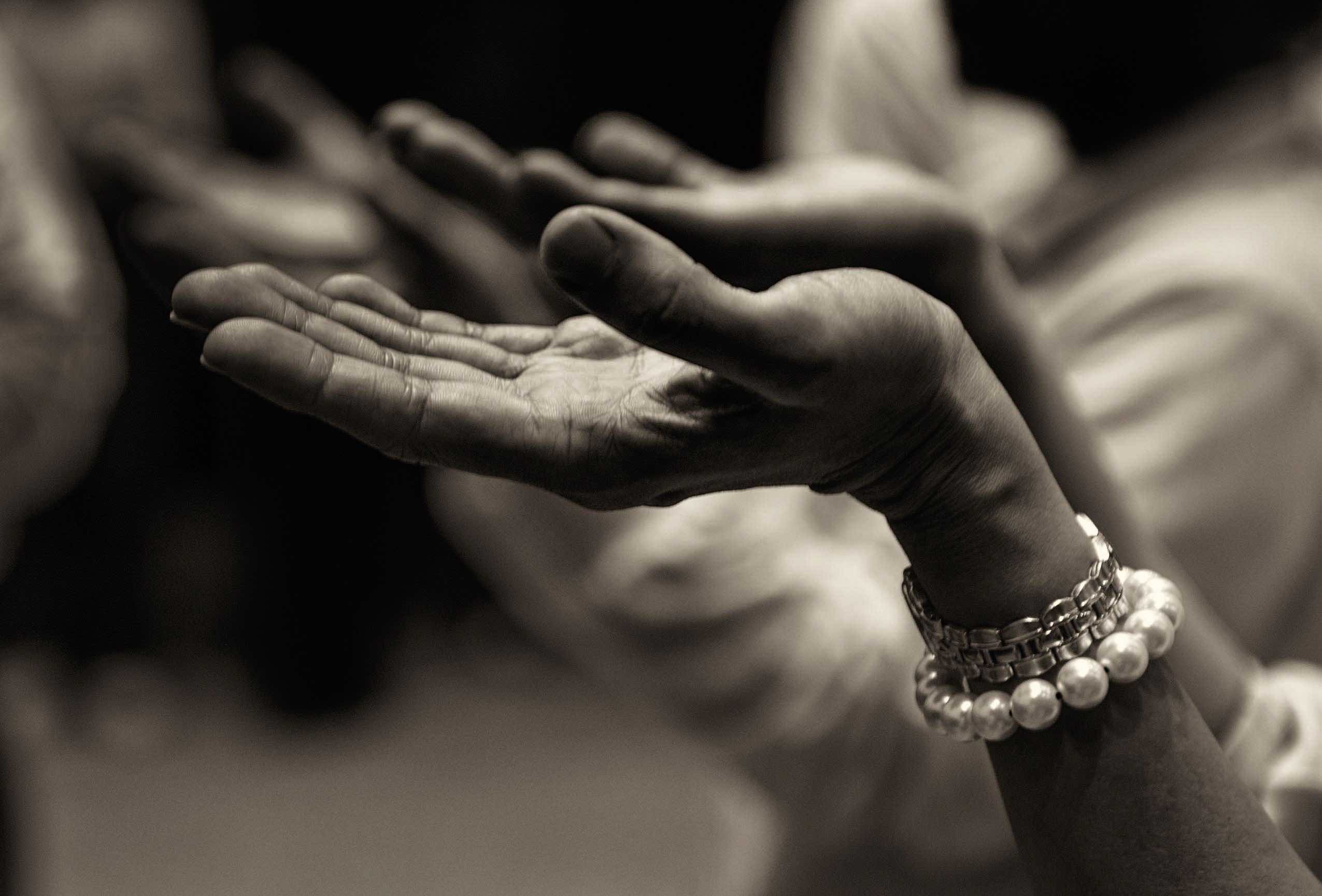I’m a kid and I’m at the dinner table and my mom has prepared canned green beans. (*Note the word, “prepared.” They’d already been cooked to oblivion before being stuffed in a can filled with murky, metallic water, and no Jolly Green Giant will ever make me jolly eating them. Ever.) “Eat two,” she says. “Now, three. Then two more, and you can have dessert.”
My mom loves me, I’m sure of it. Though, I question it every time the canned green beans are “prepared.” Sadly, it’s part of a circuited, rotational dinner menu that boils down to a handful of back-pocket recipes of five ingredients or less:
- Pizza Mondays
- Crispy Taco Tuesdays
- Spaghetti Wednesdays
- Pork Chops (could they be any drier?) and Rice Thursdays
- “We’re going out tonight” Fridays
I’m starting to understand that cooking isn’t something my mom enjoys, nor is it something that she is ever going to try to enjoy. It’s just another thing she has to do as a busy mom; her kid hates the green beans, and she’s just ready to go take a bath, or read a magazine, or not be in the kitchen anymore. My mom learned to cook from her mom, who worshipped the Jolly Green Giant because she was a housewife of the ’60s, and that was that, and I still hadn’t finished those final two green beans, so, no, I may not be excused. Little do I know, those green beans will continue to show up throughout my upbringing and life, and my relationship with them will change, both for worse and for better.
Now I’m in high school. I’ve warmed up to the idea of prepared green beans, but only when mom slops cream of mushroom soup on top and calls it a casserole. The more onion crunchies, the better. I’m cool with this because it’s like Thanksgiving, but every week or two. Mind you, I’ve had actual, real, snappy green beans at this point in my life, and those taste so much better than the canned ones. And I’m wondering why we don’t use the actual, real, snappy green beans in the casserole. So, I ask mom, and I should know now to never ask mom questions about dinner because cooking still isn’t something she enjoys. So I get the “If you don’t like it, you can make your own dinner or not eat at all” spiel, and that is that. The Jolly Green Giant prevails.
I’m a dancer – specifically, a modern dancer. Unlike ballet, it is less rigid. I’m rigid enough already because Bs are not optional and that calculus grade will follow me to college, and AP testing is something that will allow me to get credits for things in the future. I’m learning French because that’s more exotic than learning Spanish in Texas, so, maybe that will give me a leg up. Did you know? Volunteering for things is also important to show colleges that you’re benevolent and angelic, and pretty please, “Pick me! Pick me! Pick me!”
I could blame society (as it’s easy to do) but the pressure is at least 75 percent self-inflicted. I’m supported at home. Mom and dad just want me to be happy. My teachers see promise in me because, hello, I’m not making Bs ever. Oh, but you know, perfectionism.
There are rehearsals after school, and then I have to go babysit, and then I have to study for that test tomorrow. And there also happens to be a fancy new diet out there, in which you eat a lot of fiber and whole wheat. It’s a fiasco and all the rage. This has followed a dieting craze in which you become miserable, not eating carbs with this guy named Atkin (or something like that). But, I’m not home for dinner and the green-bean casserole gets cold, and there are these high-fiber cereal bars that are “so healthy” anyway, and I can just eat those for dinner before raiding the pantry after I put the kids to bed and study for that test. Let’s be real, dancers don’t eat green beans with cream of mushroom soup, anyway. If I keep eating it, then maybe I’ll get fat.
Finally, here I am. I’ve made it to college, but it’s my freshman year, and I’m burnt out. I’ve spent the past four years so worried about what would happen once I got to this place that now that I’m here, I feel completely lost and directionless. (That was a thing called “vulnerability” that I hadn’t been able to name for myself yet, or a place I had let myself go to or feel before.) Umm hello, directionlessness and vulnerability do not have a place in me trying to live out my perfectionism.
So, I’m controlling what I think I can control, which is my weight and my figure, and not gaining the “Freshman 15.” I arrived at college as a slender, 110-pound dancer, and I’m gradually managing to lose the “Freshman 15.” I stop eating green beans, even the actual, real, snappy ones that I like. Those high-fiber cereal bars have too many calories – or too much sugar or some other reason I shouldn’t eat them. I’m starving myself, but I don’t notice because I am in control and that feels good. When I see myself in the mirror, I do not see someone who is isolating herself or whose ribs are staring back at her or who is literally evaporating. I see a girl who is in control of her life and who would never ever have an eating disorder. Because that word pairing isn’t one that people in control of their lives identify with.
It’s one year later. I’m a sophomore and I’m encouraged to try out for the rowing team as a coxswain. (That’s the little human in the back of the boat who steers and cheers the team to victory.) I make the team. I get to be a little human in control, and how perfect is this? For the rowers, gaining weight is encouraged. Physical power and strength are encouraged. As a coxswain, these attributes aren’t necessarily encouraged, but they also aren’t discouraged, especially if it means I train alongside them to forge better connections and earn their respect. We are teammates, after all: you do burpees, I do burpees – we are in this together.
After practices, I’m watching these women eat entire trays of dorm food, followed by bowls of ice cream to wash it all down. They do it without thinking, or worrying, or questioning the after effects of eating it all, because it was caloric and they were fueling their bodies. Eating food is an antidote to lifting heavier, running faster, and blasting through a 2000-meter row in a matter of minutes. These women were normalizing eating, if not celebrating it. The coin was flipped; I was eating, and these women were saving my life.
I get stronger. I gain back all the weight I lost and then some, in muscle. I am, in many aspects, much healthier than I’d been the past year or two. It’s not an overnight realization, but I’m jolted into looking at Health (with a capital H) in a completely different way. I’m realizing that my health has to do with the food I eat, but it doesn’t only have to do with the food I eat, it has to do with what I think of myself and how I choose to honor, preserve, and fuel my body. I feel more empowered, more embodied, happier, and less isolated. But, I still haven’t found the tool to be able to call out and name “perfectionism.” Even after my stint as a coxswain on an NCAA college team, I remain focused on my training and my nutritional intake, and scaling my workouts, and staying an athlete. Steamed green beans are better than canned, are better than green bean casserole. I’m still a victim of Control (again, with a capital C).
Later, I’m out of college, and the real world is, in fact, real. I’m handed lessons that take my control completely out of the realm of possibility. Like, my mom getting dementia. I can’t do anything about it. I question everyone and everything and society and perfectionism, because my perfectionism can’t fix this. It can’t fix her. She’s not cooking green bean casserole for dinner anymore, which is probably the best thing to happen to her (and me). She isn’t cooking because her brain is working to fail her, and now I’m oddly free of something she and the Jolly Green Giant have held me captive for for the past 20-some-odd years. And, it’s all the time between then and now that I’m considering how I’ve treated my body and how making up for lost time is a good idea, because the world is teaching me that you aren’t promised tomorrow for one single lick. All the time I’ve spent worrying about the perfect diet or the perfect body was time spent…worrying: not living in the moment, not enjoying what life had to offer, not appreciating that I was alive and well, and, wasn’t that enough?
I enjoy cooking with fresh food. I “prepare” things sometimes because being human means not being perfect and not cooking every day, and sometimes cereal and milk prevail. But, I love dancing my way around a kitchen. It’s not so rigid because I can experiment and share this time with my partner, who is a farmer by trade. That means I’m lucky enough to have access to a farm and get to pick the actual, real, snappy green beans from the vine when they’re in season and ready for harvest. They’re usually around as the tomatoes start to come on, and, if you didn’t know, tomatoes and green beans can make for a really stellar, stew-like casserole. The more onion crunchies, the better. I get to see my food grow, feel it fuel me, and know that it fuels and serves other people. That makes the world feel smaller, the necessity of food that much greater, and the role of shared meals (whether made from canned goods or not) all the more important.
There are moments when part of me wants the canned, green-bean casserole made with the cream of mushroom soup and onion crunchies on top. But, I want what I know I can’t have, and I can’t have it because it won’t be like mom’s. And, the canned, green-bean casserole won’t actually be good anyway because I’ve never liked the canned green beans. And that’s okay. I’ve learned to make new traditions and honor what I’ve lost at the same time. I can give myself permission to change the green-bean casserole recipe, and maybe it means I’m doing a thing called “letting go of control” or “leaning into vulnerability.” So I make the green bean casserole with the green beans and tomatoes from the farm. And I know it will taste good because it will hold the memories of my mom and the Jolly Green Giant and all the things that happened in a past I can’t change but learned some things from – and the green beans that grew to get me to this moment.















One reply on “Life Lessons from the Jolly Green Giant”
Go To Moms of the 60s Campbell Soup (Hurrah Andy Warhol1) and Green Giant survived to become Baby Boomers.
M-F Dinner Lists = Banal pasta, pizza and survival of the fittest!
New Age: ” Farm to the Table”– Nutritionally Healthier and Levels above in Tastes!
Baby Boomers require Yoga!
Mostly, all of us continue as students of Life. Keep up the Sense of Humor.
Light and Love,
Lindy